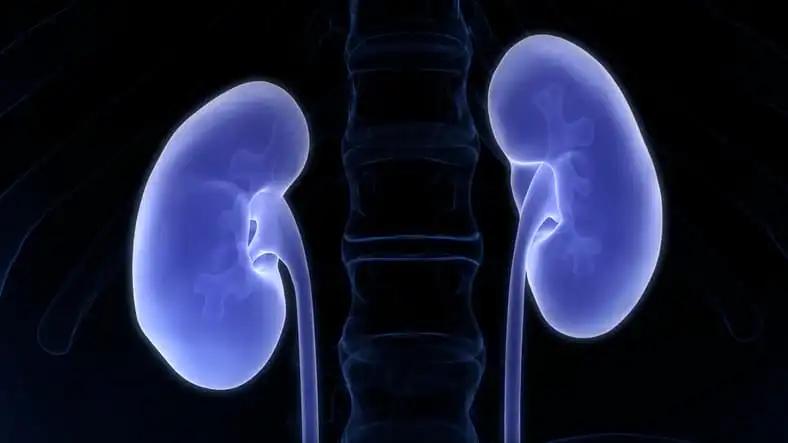KEY TAKEAWAYS
- MyPathway is a phase IIa multiple basket trial assessing targeted agent activity for advanced solid tumors with matched alterations but no FDA indication.
- The trial’s primary endpoint is the objective response rate (ORR).
- Routine assays were used to identify pre-enrollment alterations in patients aged ≥18 years.
- HER2-positive and BRAF V600E patients showed standard pan-tumor driver biology with some responsiveness to matched therapy, while EGFR mutations did not show significant responses.
- Signal-seeking explorations with appropriate therapy showed an ORR of 7% in patients with HER2 mutations without amplification and 11% in patients with Hh alterations.
- Targeted therapy in a tumor-agnostic setting is active and can identify therapies with meaningful activity for patients with limited treatment options and high unmet medical needs.
There is evidence that targeted agents are effective against the tumor types for which they were developed. To evaluate the efficacy of targeted agents in treating patients with advanced solid tumors with matched alterations but no FDA indication, the MyPathway (NCT02091141) trial is conducting a non-randomized, phase IIa multiple basket study (NCT02091141). Patients with HER2 amplification and/or overexpression had an ORR of 23.3% when treated with pertuzumab + trastuzumab (P+H), 38.1% when treated with atezolizumab, and 30% and 0% when treated with alectinib, respectively, according to previously reported MyPathway objective response rates (ORRs). The results of the BRAF (vemurafenib cobimetinib [V+C]), Hedgehog (Hh; Fvismodegib), and EGFR (erlotinib) arms, as well as the HER2 subgroups, are discussed here (data cutoff 24 Mar 2022).
Pre-enrollment screening with standard assays revealed changes in patients younger than 18. The ORR was the primary metric. Threat levels were also evaluated. Between April 2014 and July 2020, 672 students enrolled in MyPathway. Patients’ tumors displayed a wide variety of alterations, including amplifications and missense mutations, in HER2 (357), BRAF (70), ALK (21), TMB-H (174), Hh (37), and EGFR (13). Patients with EGFR mutations did not show standard pan-tumor driver biology with some responsiveness to matched therapy (8.2% of 13 pts), while those with HER2 positive (IHC 3+ or ICH 2+/ISH+) (ORR 37%; 10 tumor types) and BRAF V600E (48% V; 36% V+C; 17 tumor types) did. Patients with HER2 mutations but no amplification had an ORR of 7% (4/61) on signal-seeking explorations with appropriate therapy, while those with Hh alterations had an ORR of 11% (4/37). There were no fresh warning signs detected. Tumor-specific targeted therapy is currently being used. Patients with high unmet medical needs and few treatment options may benefit from routine assays that can detect therapies with meaningful activity.
Source: https://oncologypro.esmo.org/meeting-resources/esmo-congress/mypathway-a-multiple-target-multiple-basket-study-of-targeted-treatments-in-tissue-agnostic-cohorts-of-patients-pts-with-advanced-solid-tumors
Clinical Trial: https://clinicaltrials.gov/ct2/show/NCT02091141
C.F. Friedman, C. Swanton, D.R. Spigel, R. Bose, H.A. Burris, W. Yu, Y. Wang, J. Malato, R. Price, W. Darbonne, T.M. Szado, K. Schulze, C.J. Sweeney, J. Hainsworth, F. Meric-Bernstam, R. Kurzrock/oncologypro.esmo.org. (n.d.). MyPathway: A multiple targets, multiple basket study of targeted treatments in tissue-agnostic cohorts of patients (pts) with advanced solid tumors | OncologyPRO. [online] Available at: https://oncologypro.esmo.org/meeting-resources/esmo-congress/mypathway-a-multiple-target-multiple-basket-study-of-targeted-treatments-in-tissue-agnostic-cohorts-of-patients-pts-with-advanced-solid-tumors [Accessed 30 Mar. 2023].



